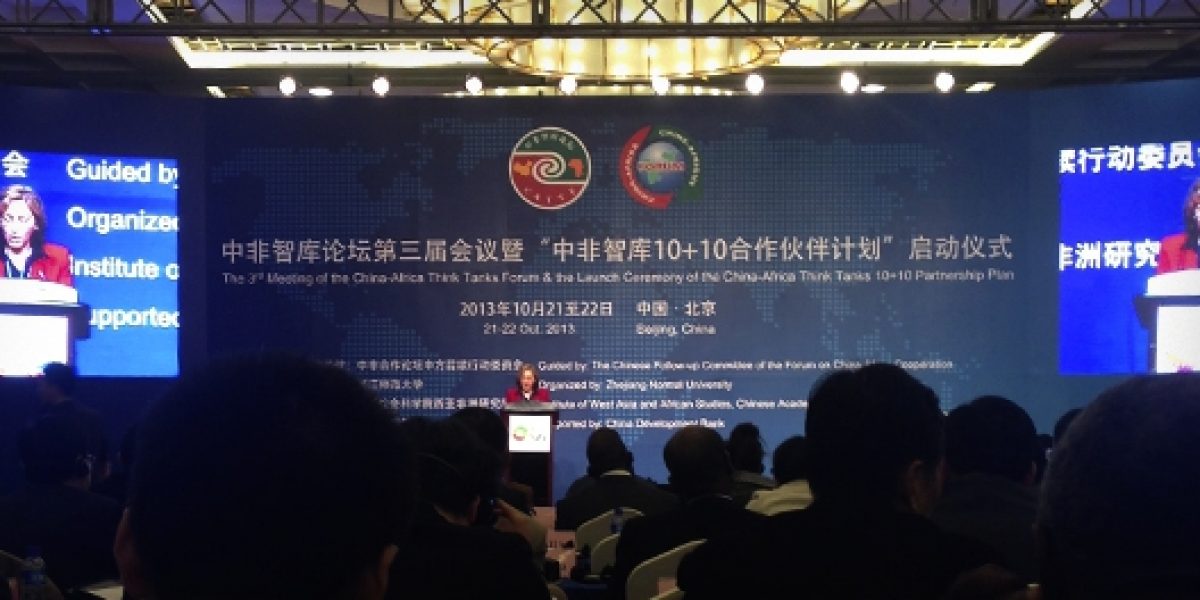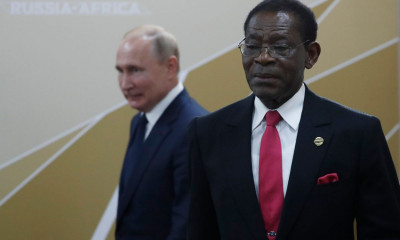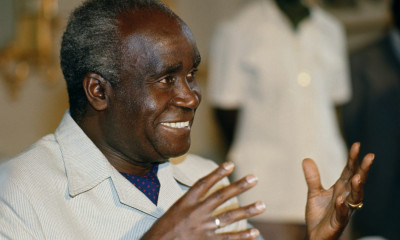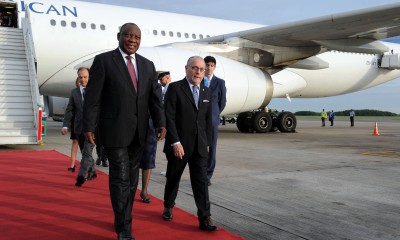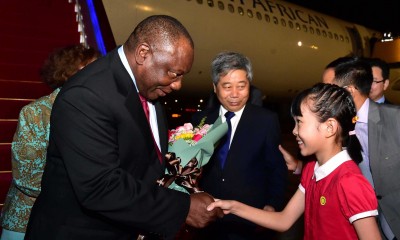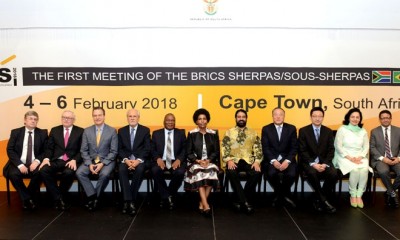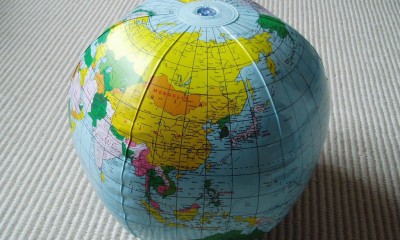This partnership plan evolved out of the China-Africa Think Tanks Forum (CATTF), which had been established in 2011 by Zhejiang Normal University.
Supported by the Chinese Ministry of Foreign Affairs and organised under the auspices of the Chinese Follow-up Committee of the Forum on China-Africa Cooperation, its objective is to create a platform for dialogue and exchange between Chinese and African think tanks. Its first two meetings were held in Hangzhou, China, and Addis Ababa, Ethiopia. The third meeting, held in Beijing in October 2013, launched the Think Tank 10 + 10 Partnership Plan, which had been mooted in the Beijing Action Plan of the 5th ministerial meeting of FOCAC held in Beijing in 2012.
State Councillor Yang Jiechi, formerly China’s Minister of Foreign Affairs, opened the launch proceedings, emphasising the critical importance of strengthening studies in both Africa and China that could provide intellectual support to the bilateral relationship. He argued that because this kind of research collaboration had started late both sides still had much to learn about each other. Much of the work had been conducted by ‘outsiders’ to the relationship, and Africa and China had heretofore relied on existing theoretical frameworks. It was time now for both China and Africa to explore their own theoretical frameworks. Collaboration between Chinese and African think tanks would allow for this.
Ms Sidiropoulos spoke on behalf of African think tanks at the opening ceremony, stressing that ‘helping China better understand Africa, and the regional context within which we make our choices is a critical dimension of research cooperation’. Equally, African think tanks in fulfilling their mandate to reach out to both African policy makers and citizens, needed ‘to understand and better explain China in Africa, including the domestic roots of that foreign policy’.
The recent CATTF III centred around the larger theme of ‘Upgrading Sino-African Relations and Constructing Chinese and African Soft Power’. Participants had the opportunity to explore:
- how the relationship could be upgraded;
- the links between soft power and development; and
- African studies in China and Chinese studies in Africa.
While the soft power concept itself and its meaning for Africa and China was debated, there was nevertheless agreement that the relationship is progressing unevenly among the various sectors. The Forum represents an effort to bring together minds – in the form of policymakers, academia and think tanks – to bridge the existing gaps in perceptions, values and experiences.
The Think Tank 10 + 10 Partnership Plan links 16 think tanks in Africa and China together. SAIIA’s partner in the initiative is the China Institute of International Studies, a think tank of the Chinese foreign ministry.
Other African institutions involved in this 10 + 10 initiative include: the Nigerian Institute of International Affairs (partnering with Zhejiang Normal University), CODESRIA from Senegal (with the Chinese Academy of Social Sciences), AERC from Kenya (Yunnan Nationalities University), the Institute for Peace and Security Studies at the University of Addis Ababa (Chinese Communist Party School), the Centre for Chinese Studies at the University of Stellenbosch (Shanghai Institutes for International Studies), Université Mohammed V in Morocco (Peking University) and the International Relations Institute in Cameroon (China Foreign Affairs University).
Related Resources
- Think Tank 10 + 10 Partnership Plan
- FOCAC’s Present and its South African Future, analysis by Dr Chris Alden
- China and Africa with President Xi Jinping at the helm, video interview with Dr Chris Alden
- Friendship and Cooperation for a Better Future of China-Africa Relations, event report by Yu-Shan Wu

